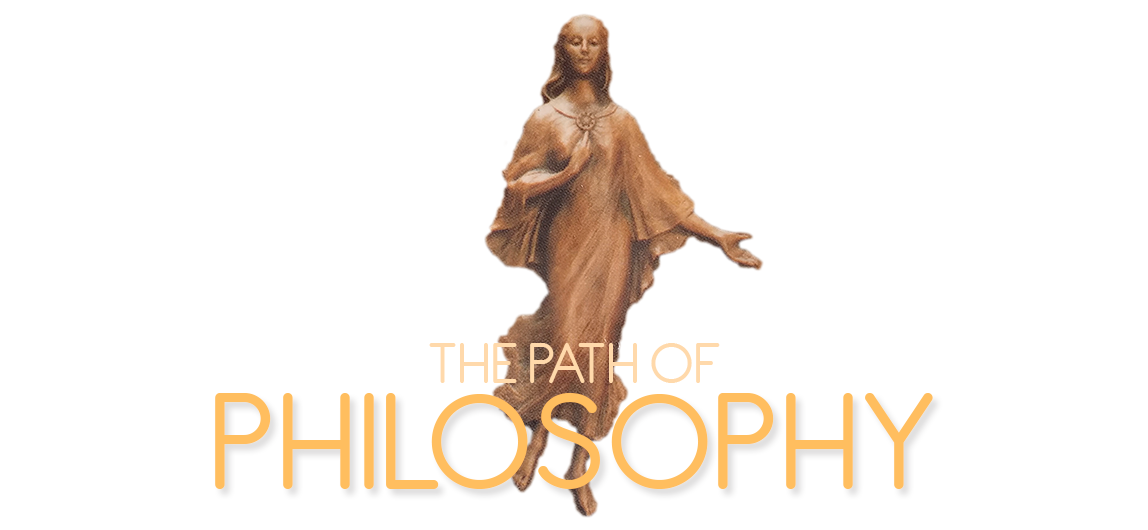Raphael (Ashram Vidya Order). 2005. Aurea Vidya Foundation Inc. New York, N.Y. (156 p.). www.vidya-ashramvidyaorder.org
Seeing Plato through the eyes of Raphael is to see a different Plato. This Plato is not an academic philosopher concerned with conceptual distinctions, nor an economist, political theorist, logician, or all that Plato has been thought to be. Raphael’s Plato is a Magus, a spiritual teacher revealing to us the architecture of reality and a spiritual path to lead us out of suffering. Perhaps, with regard to Plato, we ourselves have been in a cave of sorts (as he described in the Republic) but in this case a cave of the “shadows of Plato.” Watching academics and scholars parade their interpretations before us on the cave wall, we have taken these “shadows” to be Platonism. Then, from out of the cave comes Raphael providing a comprehensive, synthetic understanding of Plato that integrates and transforms these shadow interpretations into a vision that feels complete and which makes sense. Borrowing another metaphor from Plato, one could describe this book as a “second navigation” of Platonism, the term he uses to describe the reorientation from confusion to truth.
Raphael is certainly not the first teacher to offer a spiritual interpretation of Plato and of Platonism as an initiatory tradition. Others have preceded him, including the legendary Thomas Taylor and many more recent Platonic scholars who are cited in this book. Raphael’s gift is to offer an initiatic view of Plato within a contemporary context, one that is accessible to the non-academic, which draws on modern scientific understanding, and which illustrates its points with references to other spiritual traditions.
In Initiation into the Philosophy of Plato Raphael cogently argues that Plato provides a spiritual system that is meant to be transformational and cathartic, leading the soul out of its suffering from confusion to the knowledge of truth. To read Plato correctly, according to Raphael, is to be transformed by the reading. Perhaps an appropriate modern comparison would be to the art of psychotherapy, which also offers a form of cathartic and transformative knowledge – in this case an understanding of past experiences meant to liberate us from suffering and repeating them. But in Plato’s case, the psychotherapy is a therapy of the soul that transforms the whole of experience through love-wisdom.
A large portion of the book consists of quotations from Plato’s dialogues, skillfully arranged to support Raphael’s points and to make sense for us of the whole of Plato’s thinking. Quotes from other religio-philosophic traditions are added – including Kaballah, the Old and New Testaments, the Egyptian Mysteries, and – primarily – Sankara’s Advaita Vedanta. These parallels demonstrate that Plato’s vision is not unique, but rather, a description of reality that has been shared by the wise teachers of all ages and places – what Raphael describes as “The Doctrine” or “Tradition.” Raphael corrects popular misunderstandings of Plato (for example, that his teaching is dualistic and/or idealistic, or that the sense-world is unreal) and restores to their original meaning important Platonic terms, such as “dialetic”, “theory”, and the meaning of “philosophy” itself.
Platonic philosophy is a “love of wisdom” and in one of the final chapters Raphael gives us a beautiful presentation on the meaning of love. This is Plato’s path of Eros, or love-beauty and here Raphael synthesizes Plato’s teaching that we can be lead by sensible beauty up through the levels of reality to the Divine Love-Beauty. The book concludes with chapters on the Indian Sankara and the non-dualistic Vedanta philosophy he founded, presenting both Sankara and Plato as enlightened reformers of their respective traditions who developed philosophical systems which agree in almost all respects – thus proving the unity of “Tradition.”
When Plato is seen as an academic philosopher his work falls into the domain of academics. But, if Plato was a spiritual teacher and Platonism a realizative system, then he would best be explained by someone with spiritual insight. Raphael, founder of the Asram Vidya order and author of dozens of books and translations of Eastern and Western texts, offers us an “out of the cave” interpretation of Plato which does exactly this.
Review by Micha-El (Alan Berkowitz), October 2009.

